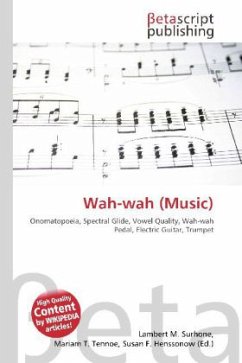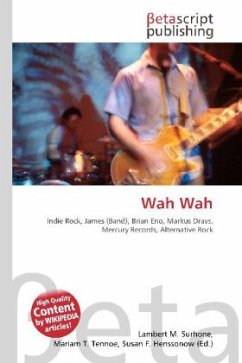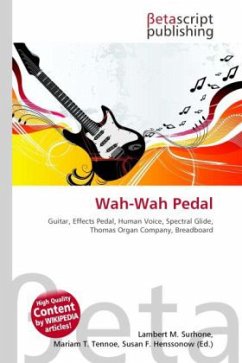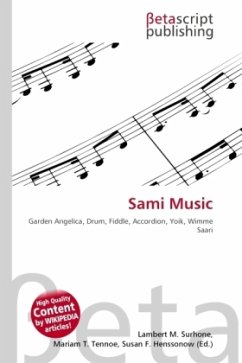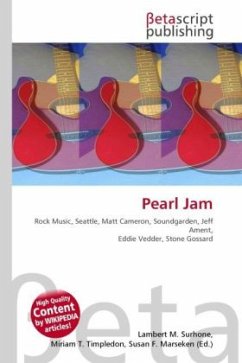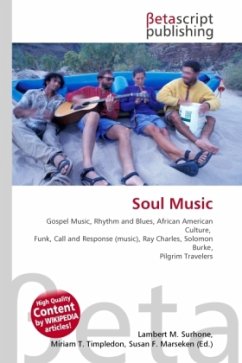Please note that the content of this book primarily consists of articles available from Wikipedia or other free sources online. Wah-wah is an imitative word (or onomatopoeia) for the sound of altering the resonance of musical notes to extend expressiveness, sounding much like a human voice saying the syllable wah. The wah-wah effect is a spectral glide, a "modification of the vowel quality of a tone" (Erickson 1975, p.72). Although this effect is thought of almost exclusively as the electric guitar wah-wah pedal, it is also used in other contexts, listed here.Although perhaps best known from the electric guitar''s wah-wah pedal, the sound is much older, having been significantly developed by trumpet and trombone players using mutes in the early days of jazz.Joe "King" Oliver recorded "Wawawa" in the ''20s. Bubber Miley, Cootie Williams, trumpeters, and Tricky Sam Nanton, trombonist, of the Duke Ellington Orchestra pioneered in using plunger mutes ("plumber''s helper") to create wah-wah sounds.
Bitte wählen Sie Ihr Anliegen aus.
Rechnungen
Retourenschein anfordern
Bestellstatus
Storno

